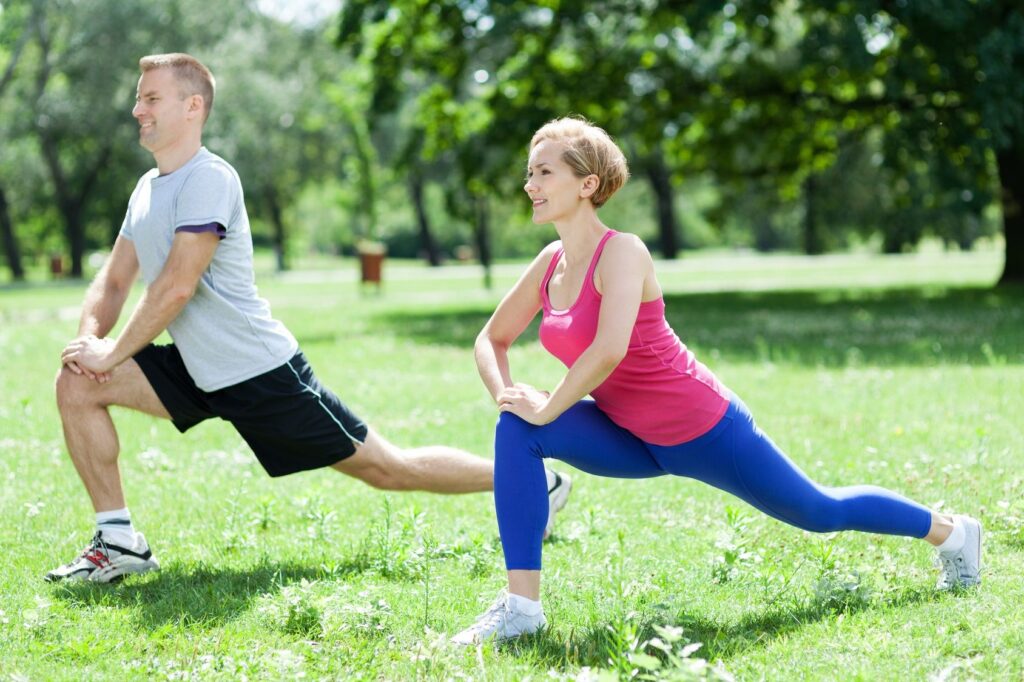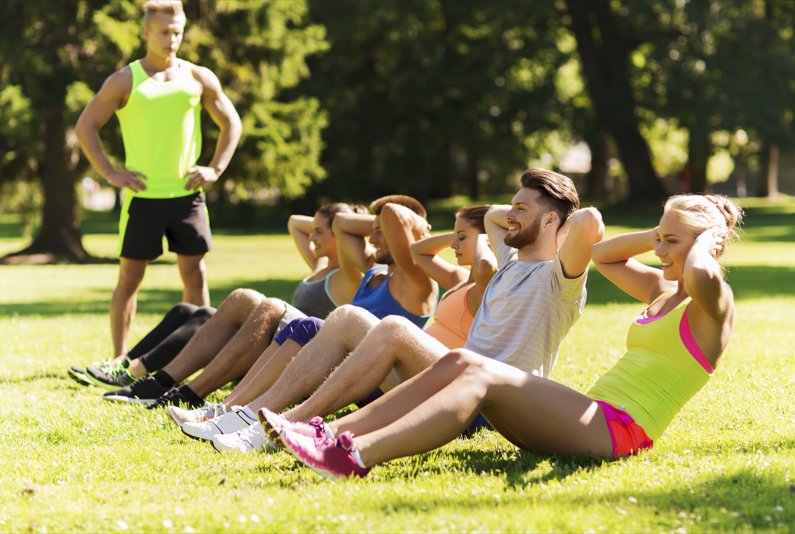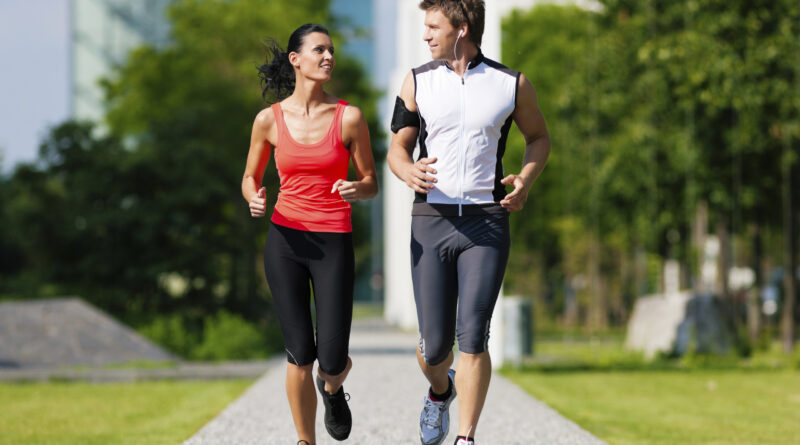The Comprehensive Guide to the Physical and Mental Health Benefits of Exercise
fitness has become more important to individuals in the modern day than it has ever been due to the increased rate of life. Indeed, one of the most impactful practices to accomplish this ideal goal is regular exercise. I would like to focus on the fact that physical activity is not only a way to improve our immune system but also helps us to be mentally sound. Here we will provide you with extensive information regarding types of exercises and how they would help to maintain a healthy lifestyle and mind.
1. Physical Health Benefits

a. Weight Management: In addition, exercising, especially regularly, is effective in the burning of calories which is about weight control and the avoidance of obesity.
b. Stronger Muscles and Bones: Strength training includes the use of weights and this is useful in building up muscles thus helping in developing bone density hence minimizing on chances of osteoporosis.
c. Enhanced Cardiovascular Health: Aerobic exercises including running, swimming, and cycling; raise the muscularity of the heart; they also reduce the high blood pressure and cholesterol in the body.
d. Improved Immune Function: That is why, to strengthen the immune system and to reach more and achieve larger goals in people’s lives, it is crucial to exercise.
e. Better Sleep: Thus, incorporating physical activity into one’s routine aids in falling asleep quicker, getting deeper and REM sleep than they usually would.
2. Mental Health Benefits:

a. Stress Reduction: It also causes endorphins, neurotransmitting chemicals that act as natural inhibitors of stress, therefore, decreasing the feelings of stress and tension.
b. Mood Enhancement: Further, Physical activity enhances the secretion of serotonin and dopamine these neurotransmitters that have well-attributed functions of boosting the mood and warding off depression.
c. Increased Self-Esteem: Through exercising to attain certain levels of fitness it would be possible to attain a positive body image and enhanced self-esteem and self-confidence while reducing lethargy.
d. Cognitive Function Improvement: Exercise enhances cognitive ability as it increases blood and nutrient flow to the brain, results in the generation of new neurons and raises memory and focus levels.
e. Alleviation of Symptoms in Mental Health Disorders: Physical activity helps for such diseases as depression, anxiety, ADHD, and PTSD, since it reduces the severity of the symptoms.
3. Tips for Incorporating Exercise into Daily Routine

a. Set Realistic Goals: So, begin with exercise routines that you can easily commit to and then keep adjusting the level of the exercise in terms of both intensity and time.
b. Find Enjoyable Activities: I had inferred that the choices should be individual and fun and include dancing, hiking, playing sports or doing yoga to make exercise an ongoing practice.
c. Make It Social: The best way to exercise is with friends, join group classes or engage in team exercises or any other activities that will make the entire process more fun and out of necessity.
d. Schedule Regular Workouts: Move some of your time to exercise daily or weekly to ensure you get an opportunity to engage in physical activity.
e. Stay Consistent: Regular exercising to improve the circulatory system is worthwhile, so try to never neglect the importance of a regular exercising routine even if your schedule is full.
- Conclusion

In conclusion, therefore, exercise can be defined as an effective method of improving health both physical and mental. Through physically engaging ourselves in physical activities, they may notice that they have control over their weight, improved cardiac health, reduced stress, improved mood, and enhanced brain function. Thanks to the information given above, anyone can learn how exercise can unleash a positive change in one’s life and become a healthy person.




